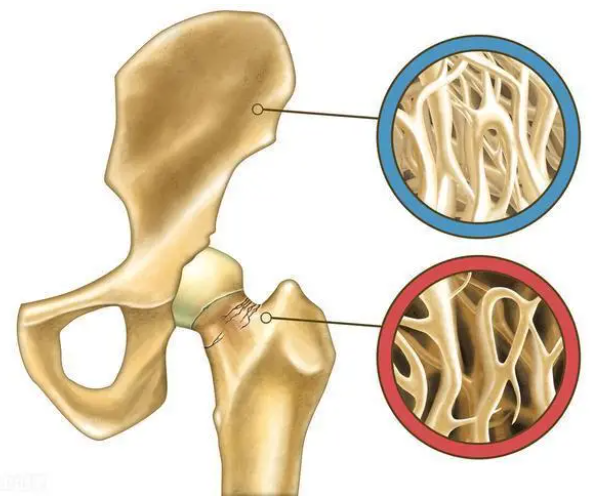Vitamin K2 has many functions that are independent of K1, leading many researchers to believe that K1 and K2 should be regarded as two separate vitamins.
A large epidemiological study from the Netherlands illustrates this point well. Researchers collected data on vitamin K intake from participants between 1990 and 1993. They measured each participant’s level of heart disease, who died from heart disease, and the relationship between K2 intake and arterial calcification. They found that arterial calcification is the best predictor of heart disease. The top one-third of participants with the highest K2 intake had a:

- 52% lower likelihood of severe arterial calcification
- 41% lower likelihood of heart disease
- 57% lower likelihood of dying from heart disease
However, K1 intake had no effect on the participants’ heart health.
While the liver prefers to use K1 to activate clotting proteins, other tissues prefer to use K2 to deposit calcium in appropriate locations, such as bones and teeth, and prevent calcium from depositing in locations where it does not belong, such as soft tissues. In 2006, the United States Department of Agriculture (USDA) recognized the different roles of vitamins K1 and K2 by identifying the amount of K2 present in the American diet.
If you need vitamin K2, you can give us a message, we support both small and bulk orders.
